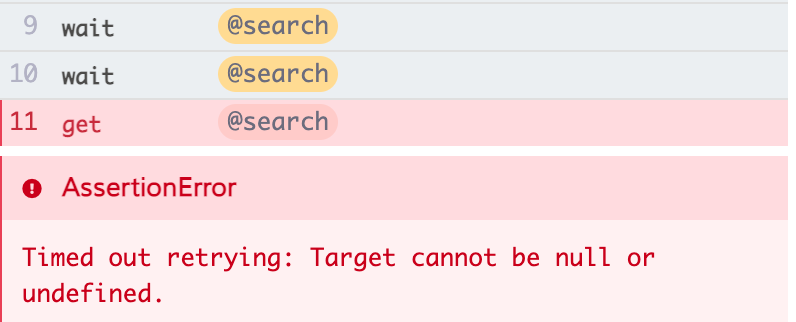I was really excited to use the new intercept ability to be able to dynamically respond to requests with different data based on query params or other URL-specific data. But this omission is even worse than the original problem: it altogether prevents us from testing failure cases. For example: testing that the UI responds as expected to when a given request responds with a 200 vs when it responds with a 404. Is this not an expected use case? Is there an intended workaround I'm missing?


Current behavior
With Version <6.0.0, if you used
c.routewith a stub, you could then use it again with a new stub and it would take the second fixture for the second request.With version >6.0.0 It doesn't happen, the override doesn't work with
cy.interceptand it always returns the initial fixture.The use case is very simple. Imagine my app loads with 0 items, using a GET. Then, I do some stuff, do a POST, and then GET those items again. I want to stub it with
[item], instead of the initial[].So what happens is that it always return
[], not[item]as it used to. I'm quite sure it's not a problem with my code, used to work perfectly fine till today.The first image is the initial intercept, you can see it gets The second image is what is shown for the second GET, the one that should've matched and return
The second image is what is shown for the second GET, the one that should've matched and return 
2[item]Desired behavior
I want to be able to override interceptors